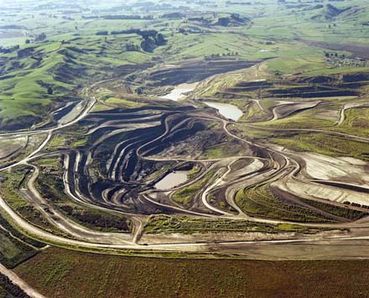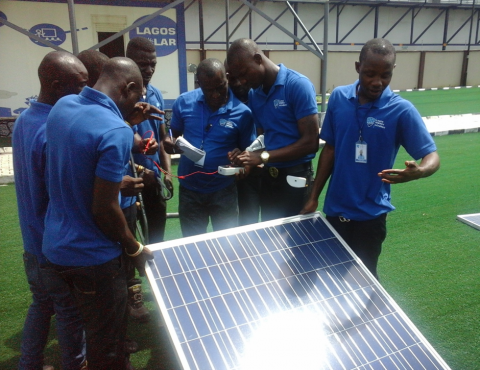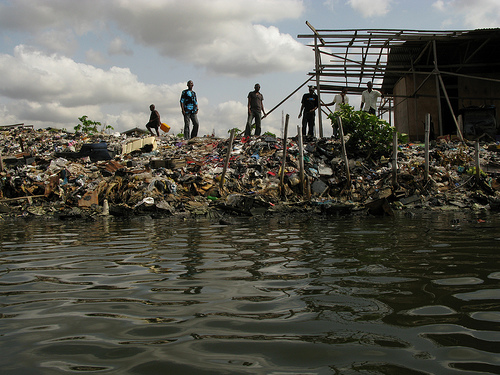Harmful Urban Degradation Habits
Residents of Lagos should desist from dumping waste into drainage channels and canals to maintain a flood-free Lagos. Residents who still patronize cart pushers should desist from the illegal act as this contributes to environmental degradation. Disposal of waste must be done through the proper channel which is LAWMA/PSP Operators. Lagos Waste Management Authority (LAWMA) […]
Tackling Effect of Mining, Climate Change On Environment

Mining, while a viable economic activity could become an albatross in the wake of climate change, there is an urgent need to ensure that stakeholders address the environmental impact of mining towards mitigating the effect of climate change, Ruth Tene Natsa writes. Three communities in Osun state Igun Atakumosa, iperindo and Itagumodi have lamented the […]
Energy Conservation

Energy is a primary input for almost all activities of life. Energy conservation refers to reducing energy by using less energy service. For example, driving less is an example of energy conservation. Energy remains one of the main constraints for economic growth in Nigeria. The lack of reliable access and irregular power supply is a […]
DEALING WITH NOISE POLLUTION IN LAGOS

Noise pollution is primarily a loud enemy to the ears. It is also an enemy to the environment as it pollutes our surroundings. Constant exposure to loud noise, experts say, affects our auditory system; especially when it is above the normal 85 decibels. Noise above the normal decibels can perforate our ear membranes which can result […]
Water Pollution In Lagos

Water is essential for life. We need clean, usable water every day: to drink, bathe in, cook, and produce many goods and services. We must improve the way we use and manage our water resources. This will help us enjoy the vital services our water ecosystems provide. Oceans are ecosystems, quite susceptible to pollution. Many […]
